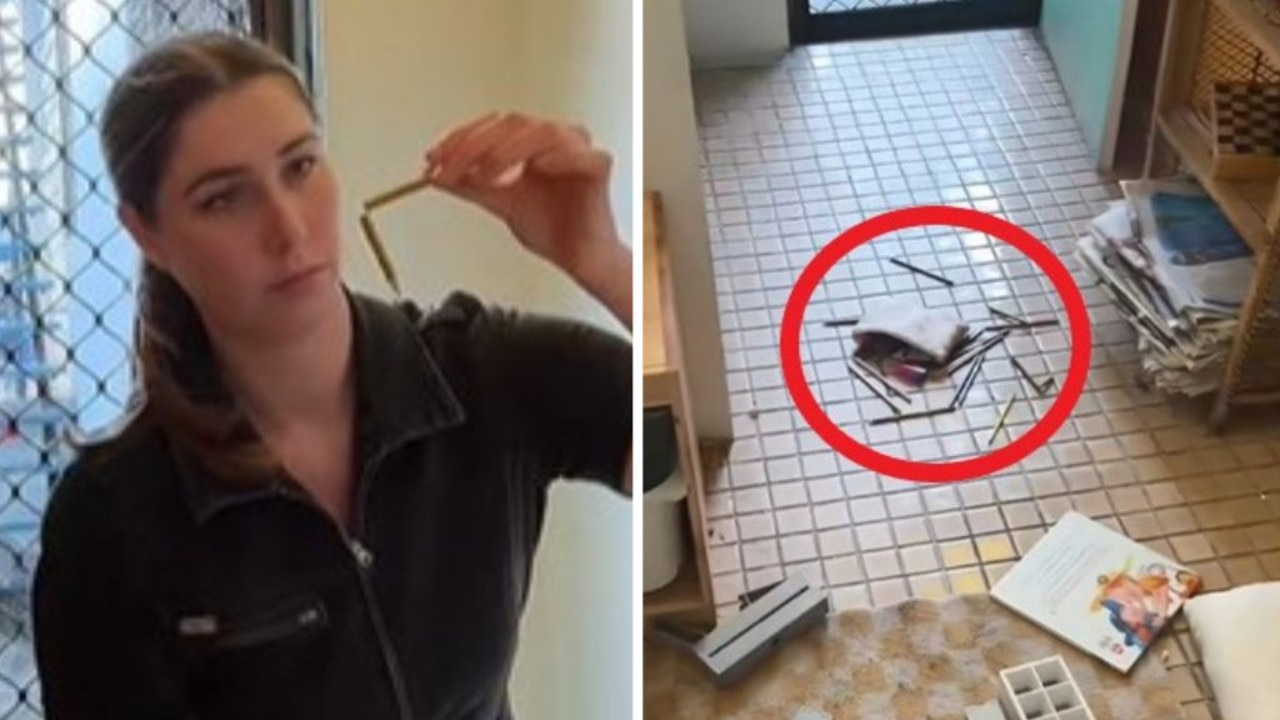Peak construction group says 130,000 workers needed this year
With Australia’s housing crisis ever-worsening, one group has revealed the 130,000-strong gap stopping it from being solved.
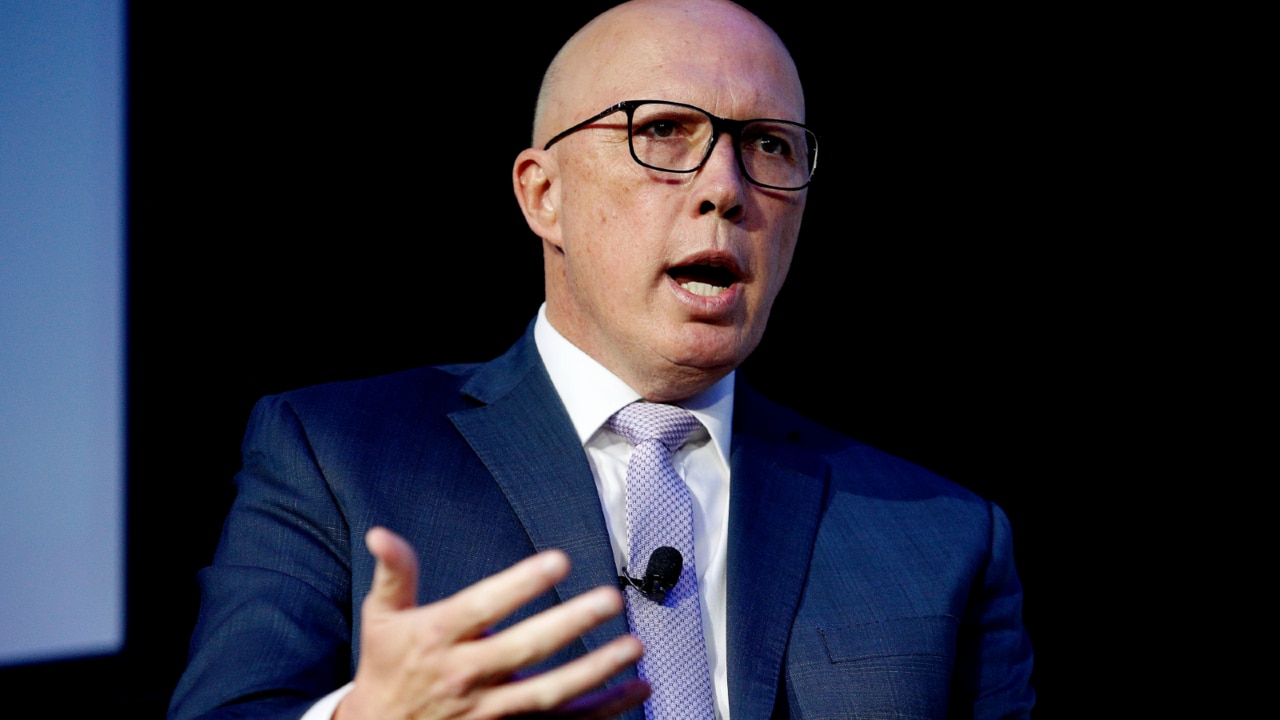
Master Builders Australia is calling for more migrants from overseas, and a lowering of English language standards, to fill daunting gaps in the workforce.
A report by the major construction and building industry association released, on Monday, forecasts the sector needs 130,000 more workers this year just to fill shortages.
“About 130,000 people need to join the workforce, on top of those needed to replace those who leave,” the report finds.
“If the workforce can rapidly increase from 1.37 million to 1.5 million, then the industry may be able to meet the targets of the National Housing Accord for 1.2 million new homes by the end of 2029 by the skin of its teeth.”
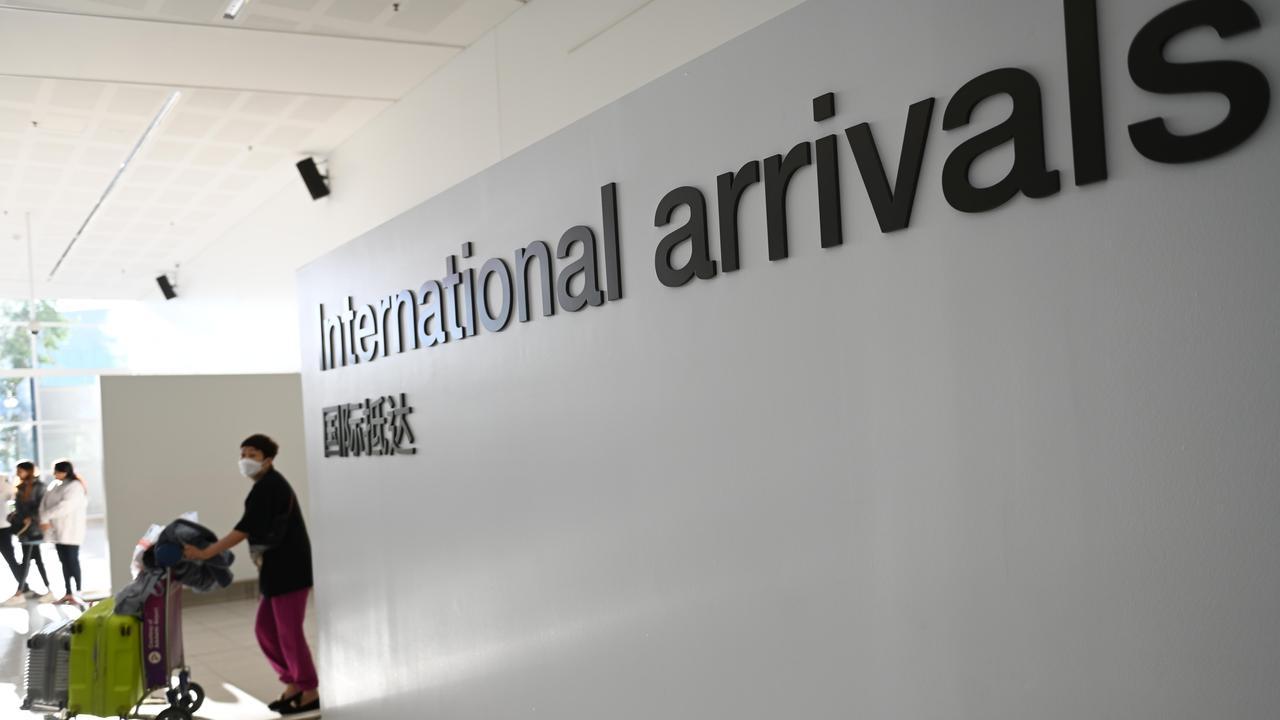
Data from the bureau of statistics shows the Australian population grew by 2.3 per cent to 27.1 million in March this year.
Our population has increased by about 615,300 people over the previous year, with net overseas migration accounting for 83 per cent of this growth.
The federal Opposition has been positioning themselves to take a reduced migration cap to the next election. Peter Dutton launched his TikTok account this month by saying “Labor’s inability to balance migration and build enough homes is killing the Australian dream for an entire generation.”
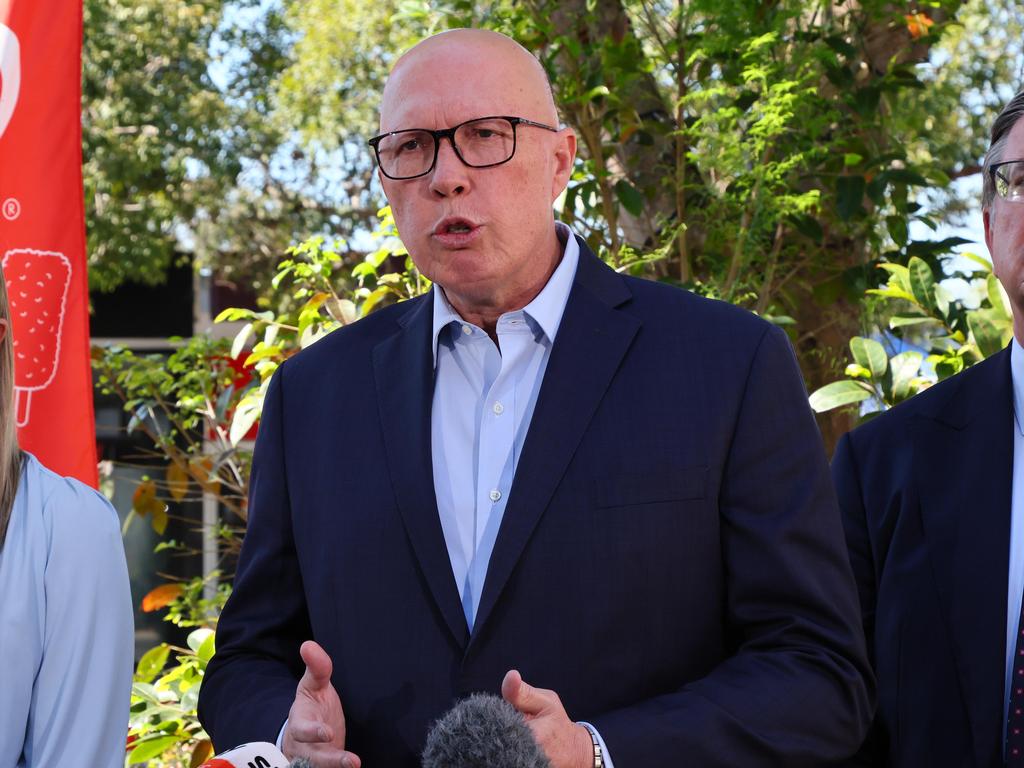
But the Master Builders report calls for more overseas workers to be let into Australia.
As well as streamlining the visa process, and calling for the visa sponsorship levy to be cut, the building industry group wants the English-language skills bar to be lowered for migrant workers in non-licensed trades.
New pay and “Fair Work Closing Loopholes” laws should also be watered down, the report says.
Master Builders chief executive Denita Wawn says there is more work than the industry can tackle.
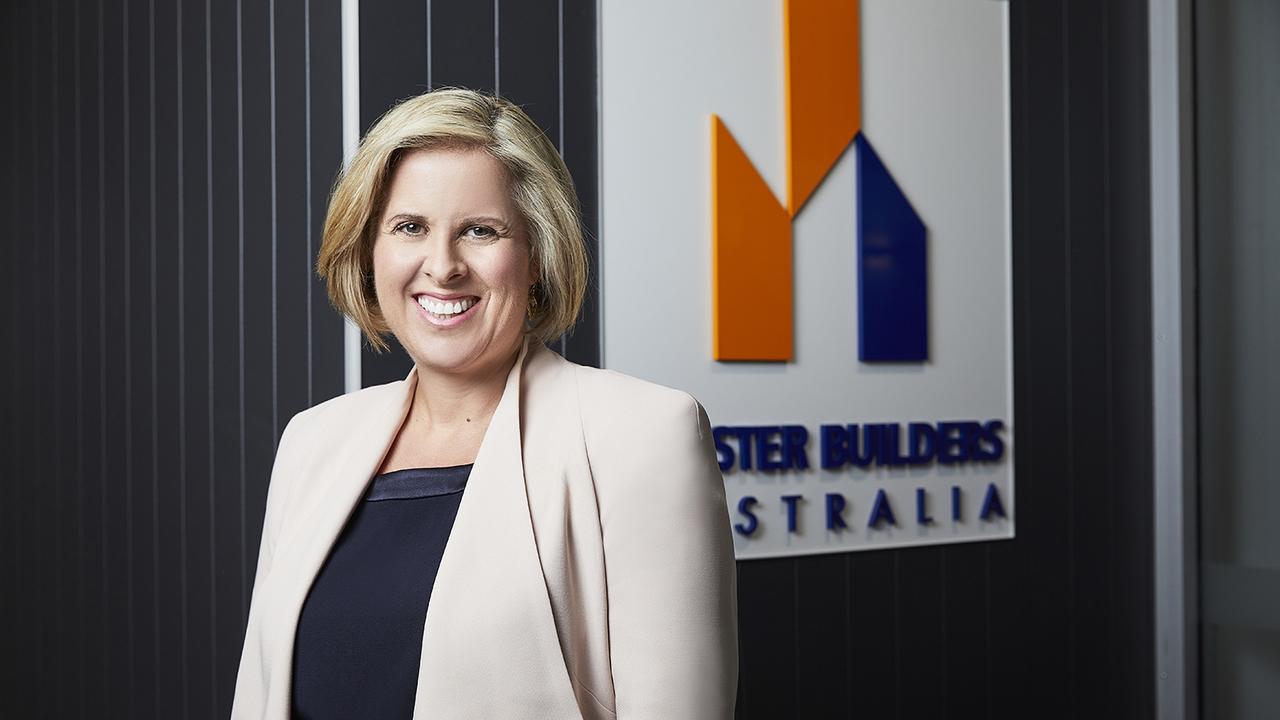
“There is a strong pipeline of work for the industry across the housing, commercial and civil sectors, presenting a great opportunity for people to join,” she said.
“Proposed solutions include increasing trade apprenticeships, leveraging skilled migration from similar regions, and fostering a diverse, inclusive culture to attract new talent from across the economy.”
The 130,000 worker figure is on top of the natural attrition rate.
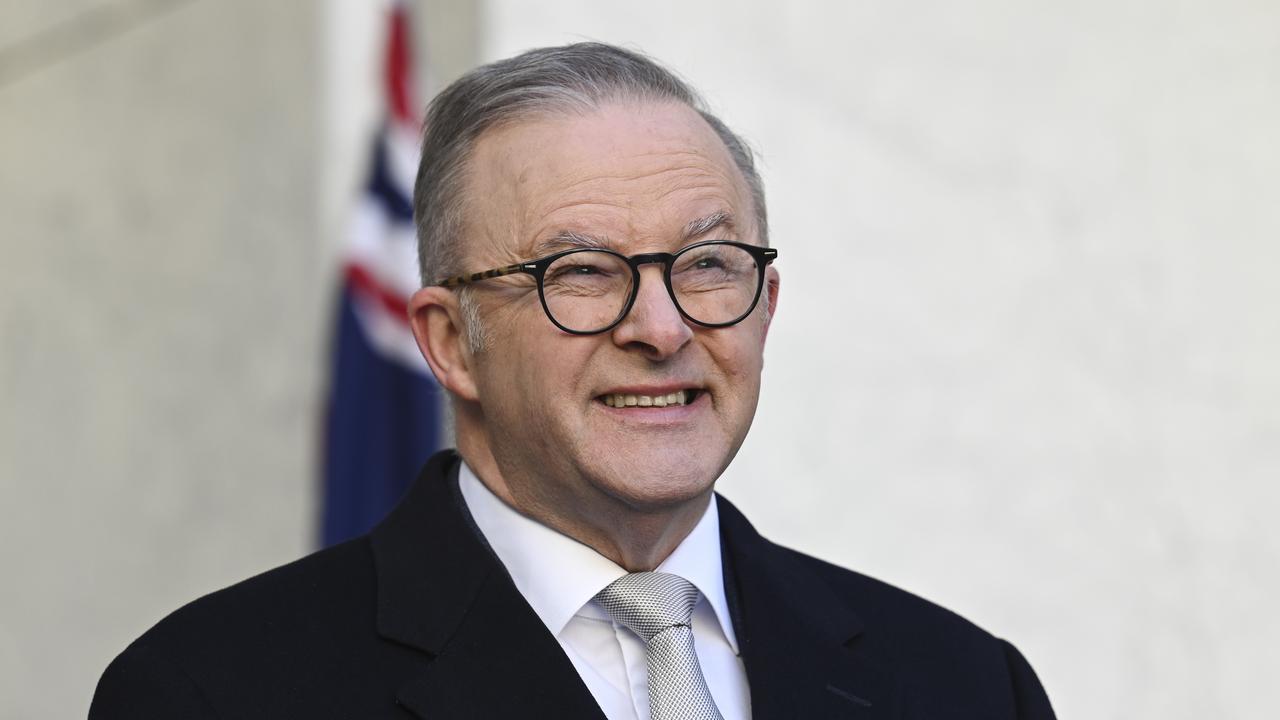
“While it is a significant number, this presents an opportunity for growth in an industry that is pivotal to the nation’s economic success,” Ms Wawn said.
Despite analysis and suggestions from industry groups like Master Builders Australia, other groups are banging the anti-immigration drum.
Nationwide “special advocacy group”, Sustainable Population Australia, draws a distinct line between “ordinary Australians” and the people who want to emigrate here.

“Instead of doing something about population growth, all sorts of reasons are found to blame ordinary Australians for somehow causing this crisis,” Sustainable Population Australia chief executive Peter Strachan said.
Mr Strachan argues people who oppose “inappropriate development” and “shoddy high rise(s)” are victimised.
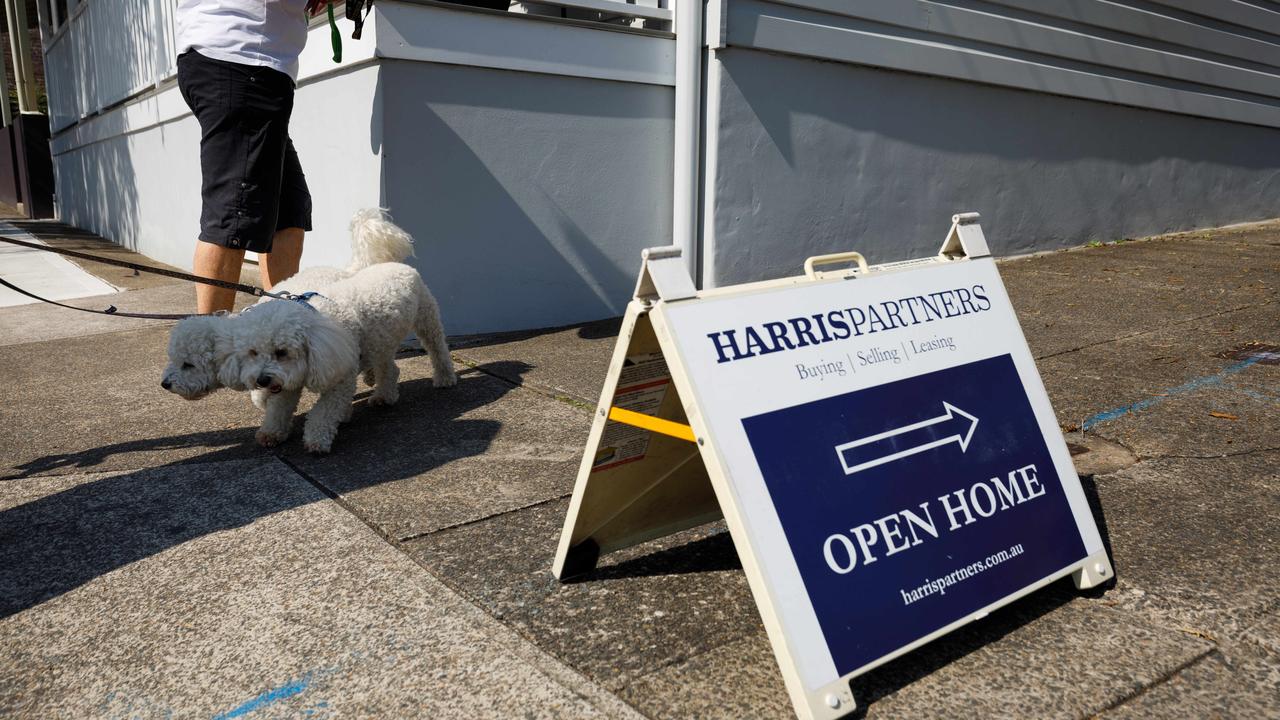
“All of this just so these unprecedented levels of population growth can continue. It is absurd,” he said.
Australian building companies are going broke in large numbers.
Last financial year, 2832 construction companies went into liquidation, ASIC data shows.
That is up 28 per cent on the year prior. Construction costs have blown out 40 per cent since the pandemic, driven by labour shortages, unprofitable building contracts, planning delays and red tape.




